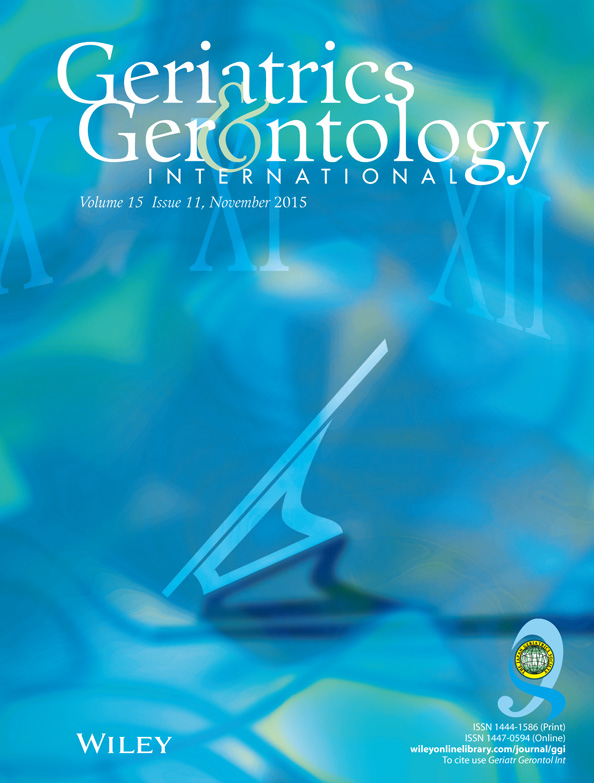Clinical validity of the estimated energy requirement and the average protein requirement for nutritional status change and wound healing in older patients with pressure ulcers: A multicenter prospective cohort study
Abstract
Aim
Adequate nutritional intake is essential for pressure ulcer healing. Recently, the estimated energy requirement (30 kcal/kg) and the average protein requirement (0.95 g/kg) necessary to maintain metabolic balance have been reported. The purpose was to evaluate the clinical validity of these requirements in older hospitalized patients with pressure ulcers by assessing nutritional status and wound healing.
Methods
This multicenter prospective study carried out as a secondary analysis of a clinical trial included 194 patients with pressure ulcers aged ≥65 years from 29 institutions. Nutritional status including anthropometry and biochemical tests, and wound status by a structured severity tool, were evaluated over 3 weeks. Energy and protein intake were determined from medical records on a typical day and dichotomized by meeting the estimated average requirement. Longitudinal data were analyzed with a multivariate mixed-effects model.
Results
Meeting the energy requirement was associated with changes in weight (P < 0.001), arm muscle circumference (P = 0.003) and serum albumin level (P = 0.016). Meeting the protein requirement was associated with changes in weight (P < 0.001) and serum albumin level (P = 0.043). These markers decreased in patients who did not meet the requirement, but were stable or increased in those who did. Energy and protein intake were associated with wound healing for deep ulcers (P = 0.013 for both), improving exudates and necrotic tissue, but not for superficial ulcers.
Conclusions
Estimated energy requirement and average protein requirement were clinically validated for prevention of nutritional decline and of impaired healing of deep pressure ulcers. Geriatr Gerontol Int 2015; 15: 1201–1209.




